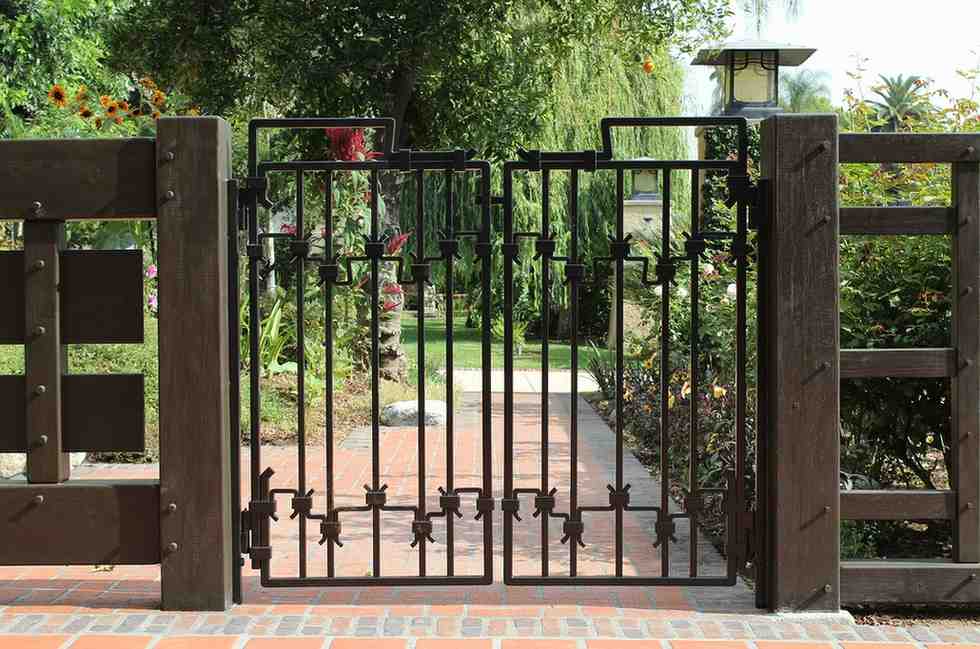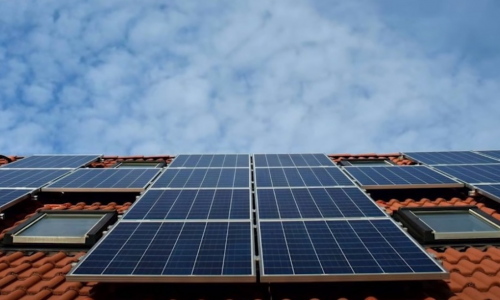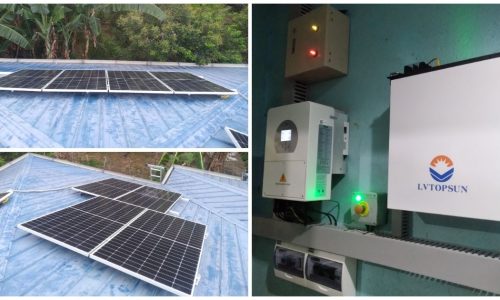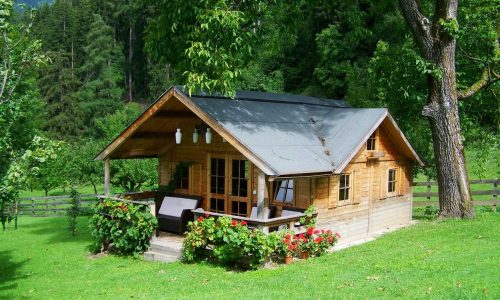When building or renovating a home, choosing the right type of gate can significantly impact your property’s functionality and aesthetics. Two popular options are sliding gates and swing gates. Each has its own set of advantages and considerations. In this article, we’ll explore the differences between sliding and swing gates to help you make an informed decision.


1. Space Requirements
Sliding Gates: Ideal for homes with limited space, sliding gates operate by moving sideways along a track that requires no additional space for the gate to open or close. This makes them perfect for driveways that are short or close to the street.
Swing Gates: These gates swing open and closed from a hinge point. Swing gates require more space than sliding gates because they need a clear area on either side of the gate to operate. This can be a challenge in tightly confined spaces but offers a traditional and elegant look.
2. Ease of Installation
Sliding Gates: Installing a sliding gate can be more complex due to the need for a track and rollers. The ground along the gate’s path must be level and sturdy enough to support the gate’s operation, which may require additional groundwork preparation.
Swing Gates: Swing gates are generally easier and quicker to install than sliding gates. They require less hardware and the installation process is straightforward, making them a popular choice for many homeowners.
3. Aesthetics
Sliding Gates: Modern and sleek, sliding gates offer a contemporary look that can be customized with various materials and designs. They are trendy in urban settings where a modern aesthetic is desired.
Swing Gates: Offering a classic and stately appearance, swing gates can be crafted from wrought iron, wood, or other materials that enhance the home’s curb appeal. They are often chosen for their decorative impact and traditional charm.
4. Durability and Maintenance
Sliding Gates: These gates are highly durable and can withstand heavy usage, making them suitable for residential and commercial properties. However, the track and rollers require regular maintenance to keep them operating smoothly.
Swing Gates: While swing gates are also durable, their lifespan can be affected by the stress placed on the hinges and the potential for sagging. Regular maintenance is required to ensure the hinges remain in good condition and the gate functions properly.
5. Security
Sliding Gates: Sliding gates are often perceived as more secure because they are harder to force open due to their design and how they close.
Swing Gates: Although swing gates can be equipped with robust locking mechanisms, their design can sometimes make them easier to breach than sliding gates, especially if not properly maintained.
6. Cost Considerations
Sliding Gates: Generally, sliding gates are more expensive than swing gates due to their complex mechanisms and installation requirements.
Swing Gates: These gates are usually less costly upfront, both in terms of materials and installation.
Conclusion
The choice between a sliding gate and a swing gate largely depends on your specific needs, preferences, and the layout of your property. Sliding gates are ideal for those with limited space or who prefer a modern look, while swing gates suit those who desire a classic aesthetic and have ample space to accommodate them. Consider these factors carefully to choose the best gate type for your home.




